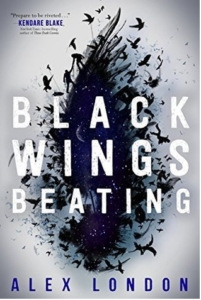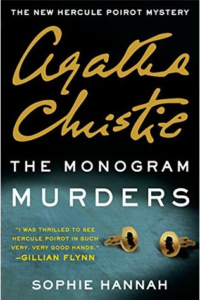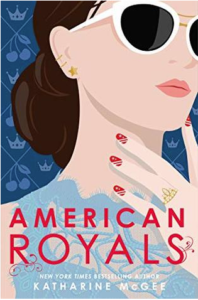The Child That Books Built, Francis Spufford’s second book, published six years after his first, raises a publishing question that I have long been interested in, but one that I suspect does not have any firm answer. How does an editor spot someone whose first book or two are strong but who is likely to grow and write even better books? There is a lot to be said in favor of The Child That Books Built — it’s concise, clear about its aims, features a structure that works on more than one level, and so forth — but Red Plenty and Golden Hill the other two Spufford books that I have read (out of four that have followed) are simply extraordinary. Red Plenty isn’t quite like anything else at all; it tackles an enormous historical and philosophical question, and demonstrates its answers at the intersection of fiction and non-fiction, breathing humanity and urgency into something that at first sounds terribly dull. Golden Hill brings to life old New York, not long after its change from New Amsterdam, and shows just who liked it better that way.
Is it possible to see those later books in Spufford’s earlier work, as he sees his grown self emerging from the books he read as a child? Certainly some of the aspects are there, as he gives the book a clear overall shape, one that serves his theses so that literary form and content work together. The breezy, conversational style is there, too, although in Red Plenty he was not afraid of echoing some of the Soviet rhetoric he was investigating, and Golden Hill gave a feel of colonial-era speech, even if it was tuned to a modern ear. While Spufford is in some ways the author that this book built, he has grown beyond it as surely as the child he depicts in four different stages grows past previous favorites.
Did an editor spot that possibility right away, or in the six-year gap between the first two? I don’t know; I suppose it would be possible to ask. Can that sort of thing be done more generally? Some writers announce themselves so forcefully with their first book that their chosen area immediately takes notice. Somewhere between several and numerous authors have, for example, won the Hugo award with their debut novels. Walter M. Miller, Jr. with A Canticle for Leibowitz, Frank Herbert with Dune, William Gibson with Neuromancer, or more recently Anne Leckie with Ancillary Justice or this year’s winner Arkady Martine with A Memory Called Empire. The first three are landmarks in the field, but whose authors took very different paths. Miller never published another novel; Herbert published many more, though his bibliography is very much Dune and everything else; Gibson continues to enjoy a visionary career. With Leckie and Martine it’s probably too soon to tell.










